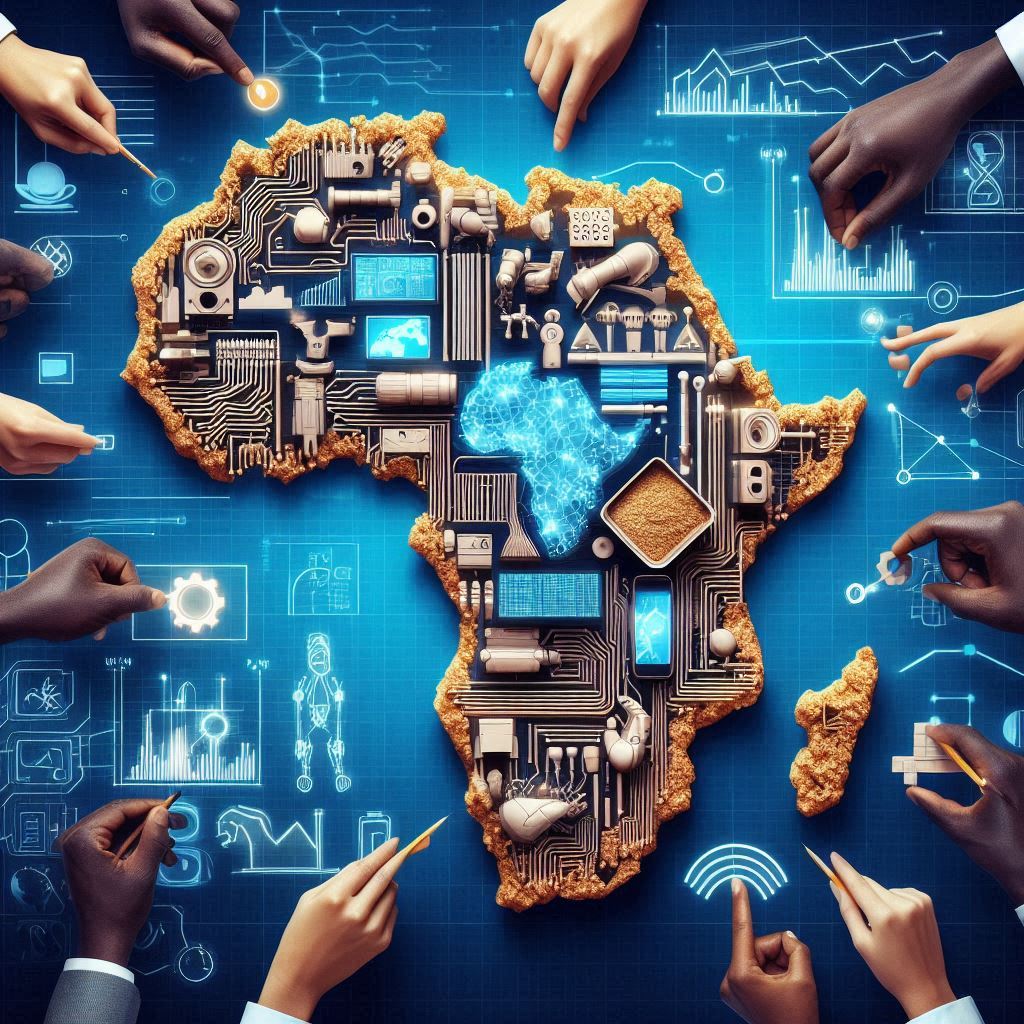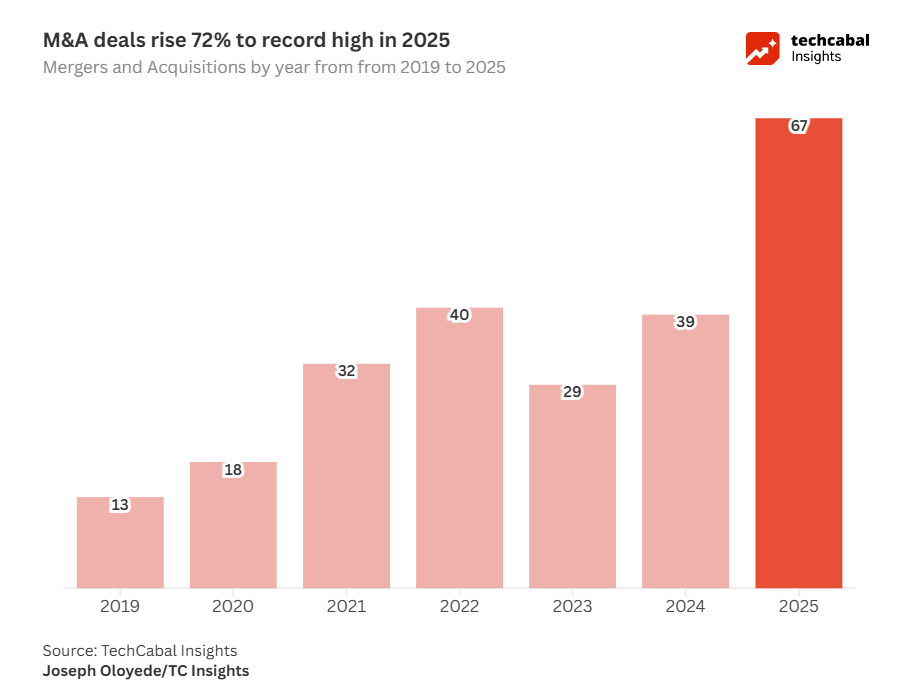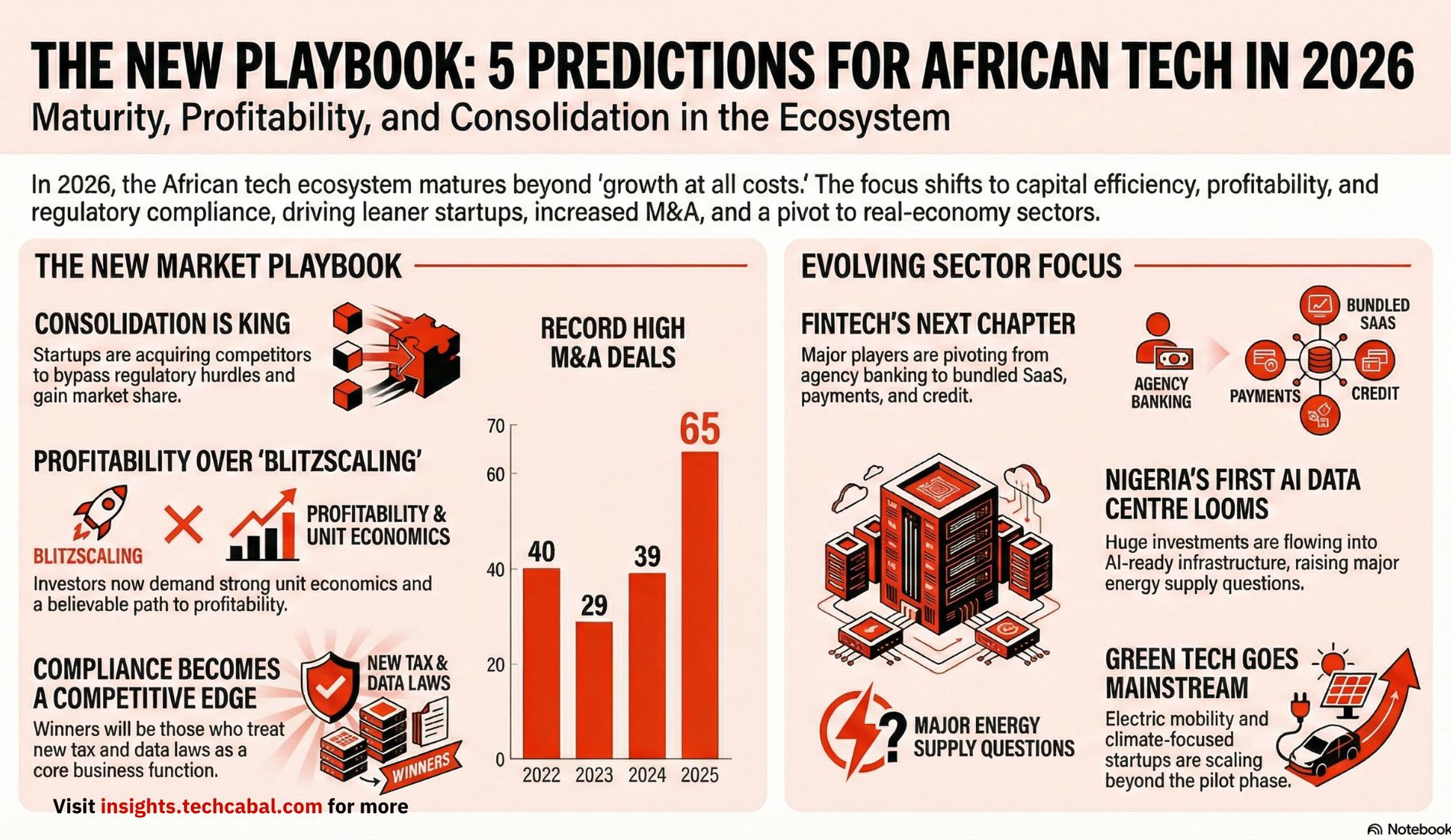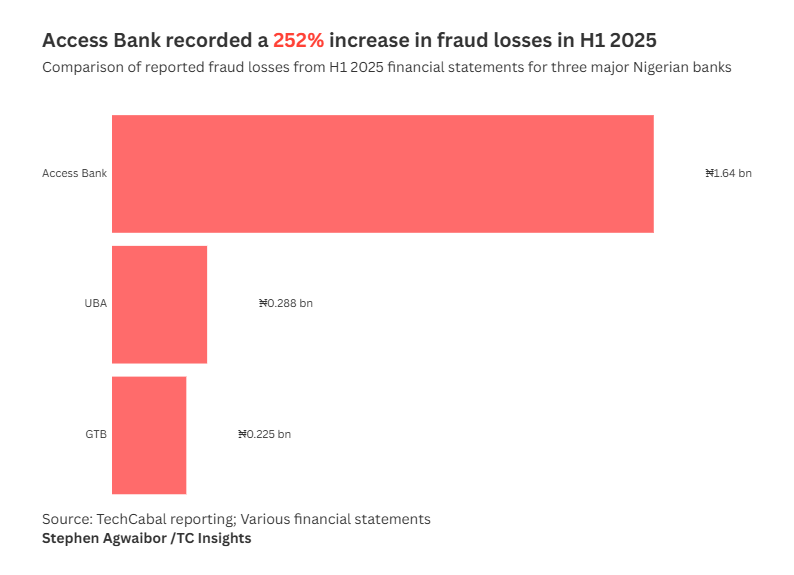Artificial intelligence (AI) is changing the world as we know it, with advancements happening at breakneck speed. As individuals, big tech, and countries adapt to this reality, Africa as a continent must, by necessity, strive not to be left behind. Between 2022 and 2023, a reported 103 VC deals relating to African startups invested in AI had a value of $641 million. Impressive as that is, it is modest compared with the $50bn raised globally by AI startups in 2023. In an earlier report from this year, we noted that Africa’s AI market is projected to hit $6.9bn in 2024. Transforming that potential into reality is at the heart of what drives discussions on how to build an AI future for Africa. Here are a few steps that highlight how to get there.

[Building AI for Africa / DALL-E]
Embracing AI as a revolutionizing Force
Speaking on Friday, April 26th during a TechCabal Live event titled, Building for an AI Future in Africa, Zain Verjee, co-founder of The Rundown emphasized the need for Africa to be at the forefront of the generative AI revolution. The TechCabal Live event was organized in partnership with The Rundown — an ed-tech platform for media and comms teams in emerging markets.
Verjee considers AI as transformative as the Industrial Revolution. She noted that in the media space where she works, AI has disrupted everything from audio and video production to photography and even storytelling. While this may seem like a challenge, it also presents an opportunity. As she puts it, “I looked at the advent of generative AI as something completely revolutionary for the communication space…I’m either going to be on that, or I’m going to be left behind.”
Leveraging AI for socioeconomic progress
Prof. Bitange Ndemo, Kenya’s Ambassador to Belgium, quoted Albert Einstein, noting that intelligence is not innate but dynamic. He provided examples of how AI can drive economic inclusion and development across sectors like agriculture and finance. He recounted how, via partnerships, he was able to use AI in Kenya for initiatives that enabled farmers to access credit by generating alternative credit scores based on data analysis. He however noted challenges with early resistance to these technologies that will “only become smarter than us.”
Ndemo stressed AI’s potential for large-scale impact: “We have the biggest opportunity to take over the world. With young people working in various aspects, the opportunities are enormous.”
Fostering local AI capabilities and vernacular tech
A key focus was developing AI skills and technologies aligned with Africa’s needs. Ndemo advocated for initiatives that enable “young people not working [to] be utilized to develop their languages” into large language models.
He emphasized the value of digitizing African languages and cultural assets: “Imagine how many millions [would] listen to that. And out of that, you know, the media, advertisers could adapt it.”
An innovation-first approach to AI governance
Regarding ethical AI frameworks, Ndemo advocated an “innovation precedes regulation” stance, arguing, “If you put the regulatory environment now…you are the one putting us behind, let us make mistakes.” Zain highlighted the need to tackle misinformation and ethical risks, drawing parallels to unregulated social media.
As AI rapidly evolves, Africa has a narrow window to establish itself as a producer, not just a consumer, of transformative AI technologies and narratives. Developing local AI talent, vernacular AI models and a governance approach that puts innovation first will be crucial in this journey.
******
You can watch a replay of TechCabal Live: Building for an AI future in Africa by visiting this link.









